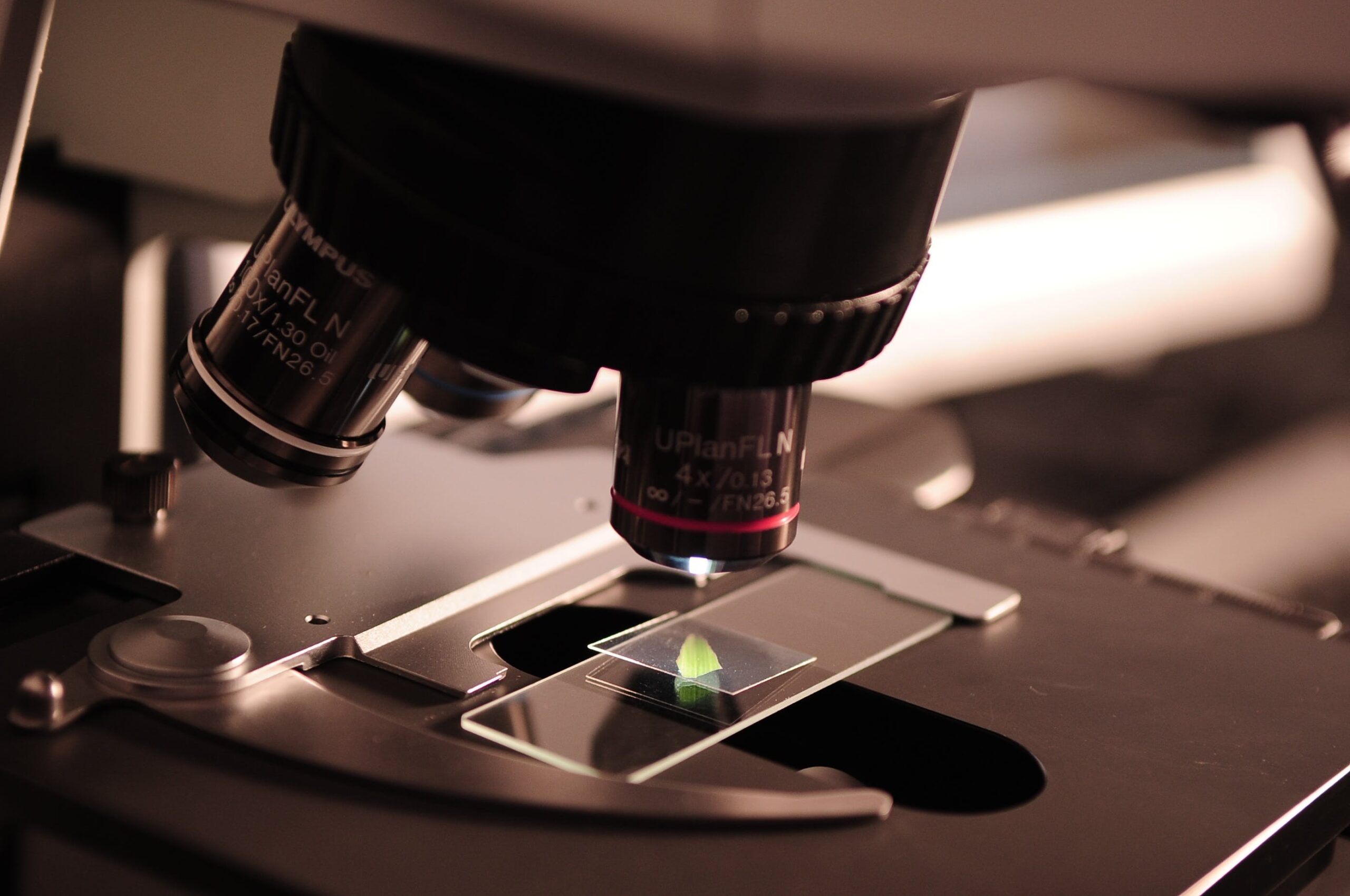In this month’s Science News Briefs, we explore intriguing discoveries from around the world that span ancient scrolls and climate-altered wines to hidden landscapes and prehistoric fossils.
- Antarctica’s Subglacial Secrets Unveiled
Recent ice-penetrating radar studies in East Antarctica have uncovered a mesmerizing subglacial terrain featuring valleys and ridges buried beneath almost two miles of ice. This revelation suggests that approximately 34 million years ago, the region might have hosted tropical-like forests and diverse wildlife before the continent succumbed to freezing temperatures.
Source: NASA’s Radar Reveals Subglacial Landscape in East Antarctica
- China’s Hidden Treasure: Niobobaotite Ore
Geologists near the city of Baotou in Inner Mongolia have stumbled upon a new ore named niobobaotite. This discovery is significant as the ore contains niobium, a rare-earth metal crucial in steel production and known to exhibit superconductivity at low temperatures.
Source: Discovery of Niobobaotite Ore in Inner Mongolia
- Ethiopia’s Ancient Homo Erectus Unearthed
Unveiling a fascinating piece of human history, a two-million-year-old Homo erectus fossilized jawbone was identified in the Ethiopian Highlands. The discovery, situated over 6,500 feet above sea level, suggests that larger-bodied H. erectus may have been better adapted to higher altitudes than their early hominin counterparts.
Source: Ancient Homo Erectus Fossil Discovered in Ethiopian Highlands
- Bordeaux Wine: Temperature Extremes and Ratings
Bordeaux wine critics have noted higher ratings for vintages produced in years with greater temperature extremes and a higher mean temperature. However, concerns arise as the region’s climate approaches conditions that may become too hot and dry for grape cultivation, with vineyards increasingly facing challenges from floods, wildfires, and other severe events.
Source: Climate Impact on Bordeaux Wine Ratings
- Tsunami Survivors: The Long-lasting Impact
A unique study in Indonesia reveals that survivors of the 2004 tsunami exhibit lower levels of the stress hormone cortisol compared to those who did not directly experience the disaster. This phenomenon, termed “hormonal burnout,” underscores the enduring effects of traumatic events on individuals for decades.
Source: Long-term Effects of 2004 Tsunami on Indonesian Survivors
- AI Deciphers Ancient Scroll from Herculaneum
In a groundbreaking achievement, an artificial intelligence program successfully deciphered a word from a severely scorched scroll found in Herculaneum, a city buried by the eruption of Mount Vesuvius around 2,000 years ago. By distinguishing ink from the charred papyrus background, the AI revealed the word “porphyras,” an ancient Greek term for “purple.”
![]()
